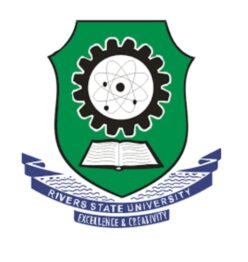ALOZIE Chinedu
Department of Marketing, Faculty of Administration and Management
Rivers State University Nkpolu-Oroworukwo, Port Harcourt
OPARA Bright C
Department of Marketing, Faculty of Administration and Management
Rivers State University Nkpolu-Oroworukwo, Port Harcourt
ADIELE Kenneth C.
Department of Marketing, Faculty of Administration and Management
Rivers State University Nkpolu-Oroworukwo, Port Harcourt.
Abstract
This study investigated the correlation between supplier evaluation and supply chain performance of road construction companies in Rivers State. Supplier evaluation was the predictor variable and was treated unidimensionally, while supply chain performance was the criterion variable and was measured with cycle time reduction and productivity. The study adopted an explanatory research design with a correlational investigation type. The study population comprised 29 road construction companies. The study adopted a census method and administered structured questionnaire to project/operation manager, procurement manager, and quality assurance manager of the surveyed firms. Pearson Product Moment Correlation was used to test the hypotheses with the aid of the Statistical Package for Social Sciences (SPSS), version 25.0. The study found statistically significant positive correlation between supplier evaluation and measures of supply chain performance. Thus, the study concluded that supplier evaluation has a significant positive correlation with supply chain performance of road construction companies in Rivers State, and recommends that managers of road construction companies in Rivers State should prioritize supplier evaluation to ensure timely delivery of materials and reduce project cycle time. The study also recommends that managers of road construction companies in Rivers State should use supplier evaluation results to select suppliers that are reliable and competent to enhance productivity and overall performance.
Keywords: Cycle time reduction, productivity, supply chain performance, supplier evaluation.
